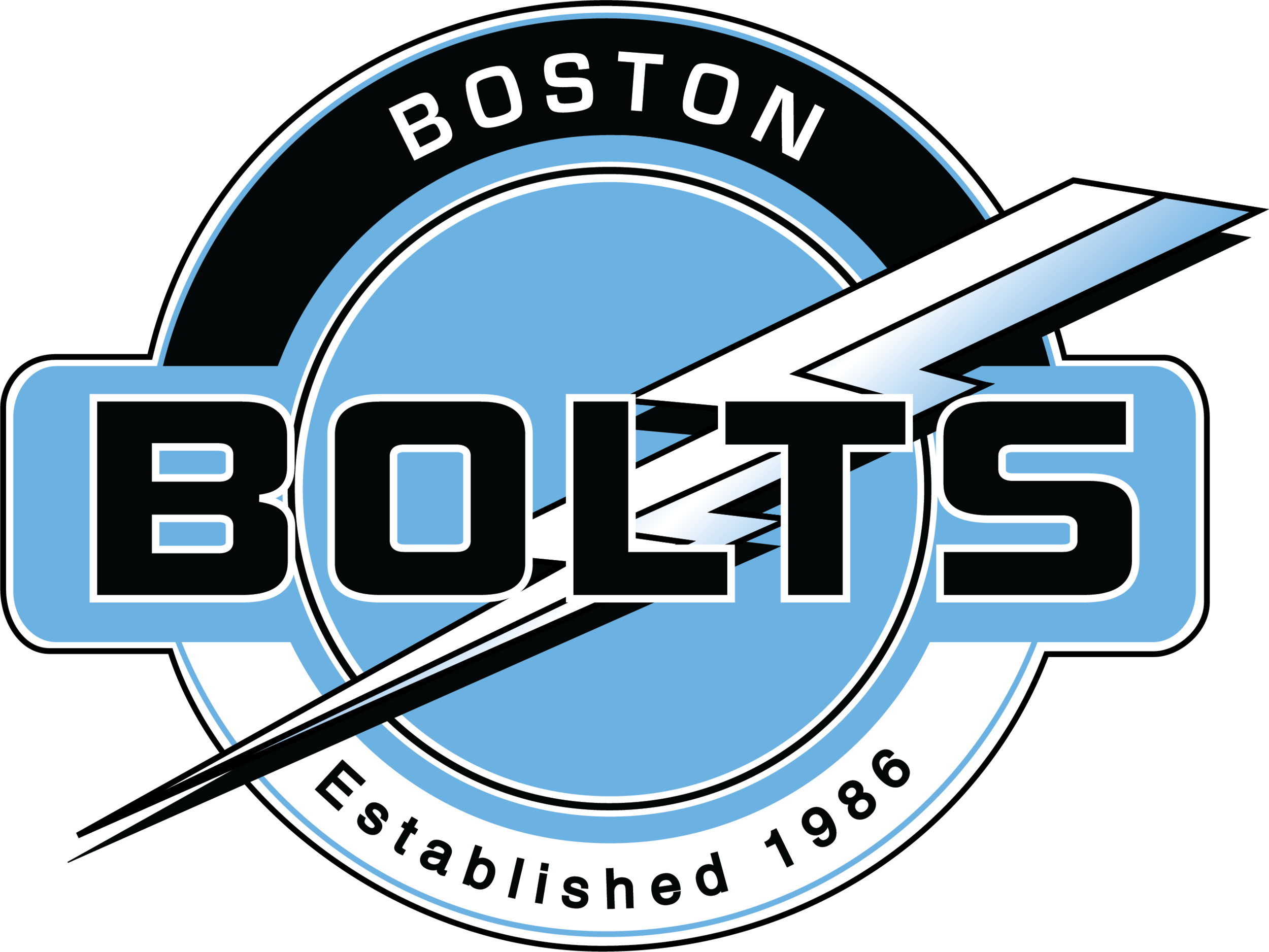Alumni on the Sidelines - Kyle Ryan
When it comes to the character that the Boston Bolts look for in their players, you will not find a better representation than Kyle Ryan. After competing for the club at the Development Academy and USL 2 level, Kyle joined the Bolts staff this past year as the USL 2 Program Coordinator, and a Zone 1 Head coach.
Kyle initially joined the Bolts during his high school years, and had four great seasons at the Academy level, including a playoff run with the U-16’s. His performances saw him become ranked as a Top 25 Prospect in the Northeast Region for his class.
After playing with the Bolts, he was recruited to play at George Mason University, where he spent two seasons before transferring to Umass Lowell. At Umass Lowell, he helped the program achieve three consecutive winning seasons from 2017-2019.
During that time, Kyle was also a key member of the Bolts USL 2 team, making 25 appearances for the club over two seasons. In his playing career with the Bolts, Kyle possessed a selfless, team-first mentality, and an incredible passion for the game that rubbed off on those around him. As a coach, we’re excited to see him shape the next generation of Bolts players!
What was your favorite part about being a member of the Boston Bolts?
My favorite part about being a Bolt was just the environment. Training sessions were always very competitive, and teammates and coaches held each other to such a high standard. We were so close with each other, nobody was afraid to let someone know when they had to clean it up a little. There was a lot of trust, too, that people were doing it because we cared about each other and were working towards the same goal, so it was always taken well and never lasted beyond the sessions. That dynamic really brought us all together and I’m still friends today with a lot of the guys that were on my team growing up.
What parts of your Bolts experience have you taken with you into your coaching career?
One of the main reasons I loved playing for the Bolts was because I knew the coaches cared about me. It’s tough to accept criticism just for the sake of being frustrated or negative. As a Bolt, I knew the coaches were giving me feedback because they actually cared about developing me as a player, so I was much more open to hearing it. There was always trust and respect, which is very important, to create that environment to foster development. It’s something I do now as a coach, try to show the players that I really care about them, and I’m giving them feedback not just to tear them down, but to help them improve.
As a coach, what traits do you look for in your players?
When I’m coaching I look for players who have a high level of desire. I want my players to constantly be looking to get on the ball and make an impact on each training session and game. They also need a desire to improve and develop. This means players work hard, stay focused, compete, and are open to receiving information. These are the most important to me because they’re the hardest to improve. Technique is obviously massive, but it is something that can be developed much easier, especially if a player has that desire to work on it. I tell my players all the time I will never be upset at them for a bad touch or a misplaced pass. The only things that are unacceptable are lack of focus, poor attitudes, and other things that they can actually control.
In your experience, what is the biggest factor for any player who’s looking to have a successful playing career?
For me, the biggest factor for a player to advance their career is accountability. Coaches are there for you to educate and put you in contact with people at the next level, but at the end of the day it’s your career and only you are responsible for where you end up. Players need to be accountable for their own development by seeking out and being open to feedback and criticism. They need to be honest with themselves about their performances and their weaknesses and take responsibility to develop them beyond team training sessions to really separate themselves from other players.
What’s one piece of advice or lesson that a coach taught you that will stay with you forever?
The one thing that’s stuck with me throughout my whole career is coach Ainscough telling me to have a personality on the field. Honestly, when he used to tell me that, I didn’t know what he meant. As I grew up, though, and continued learning from him I figured out what he was telling me and it’s something I look for in all my players as a coach now. Young players really need to learn and understand their strengths and develop their own playing style. I always encourage my players to be bold. It’s not enough to play to just not make mistakes, you have to separate yourself and work to make an impact every moment you’re on the field.

